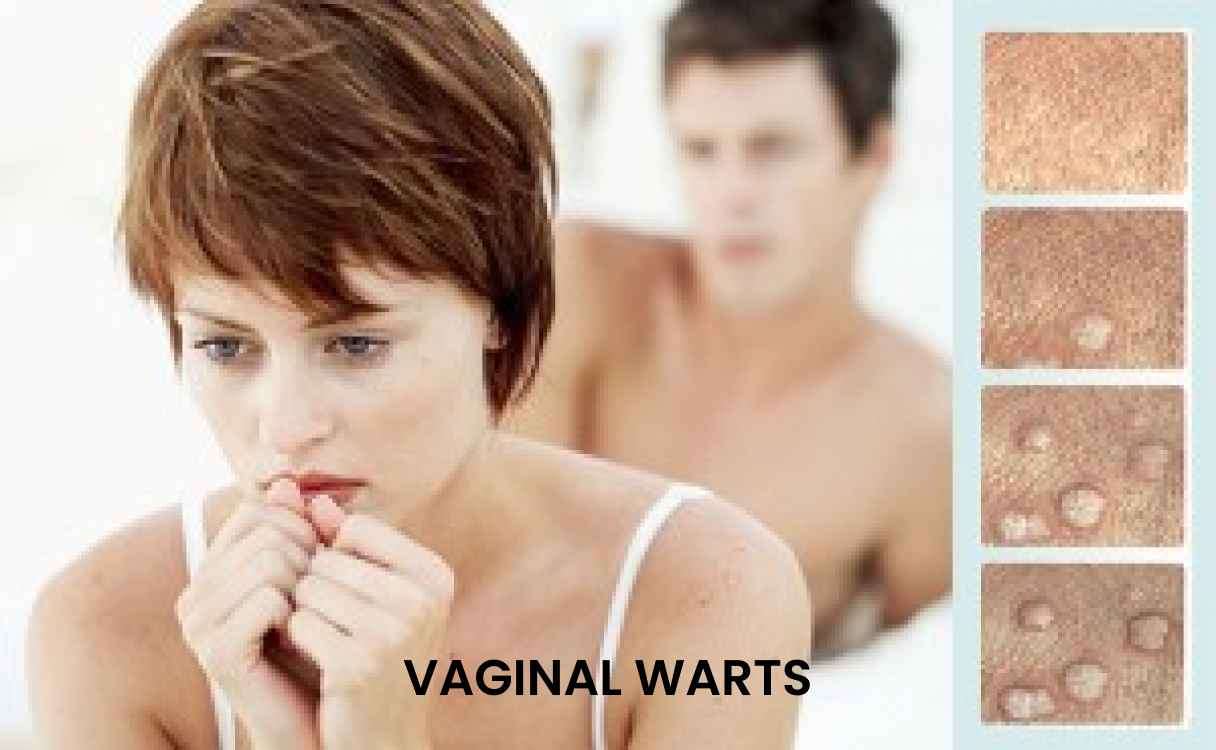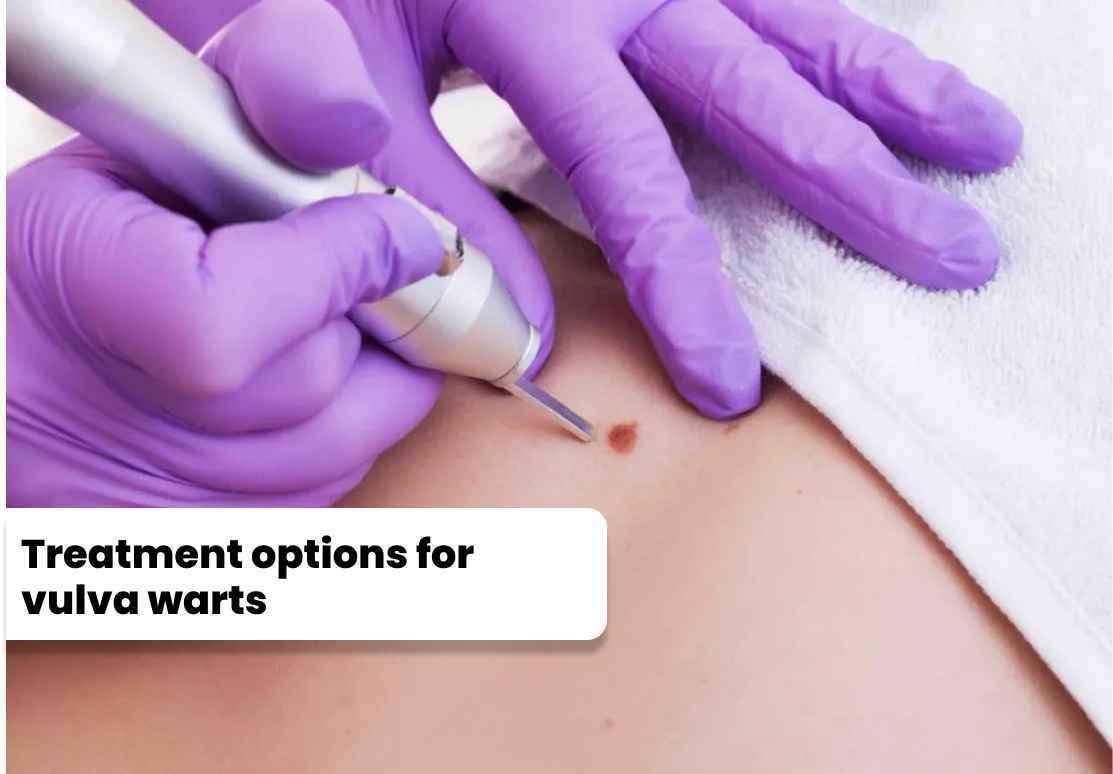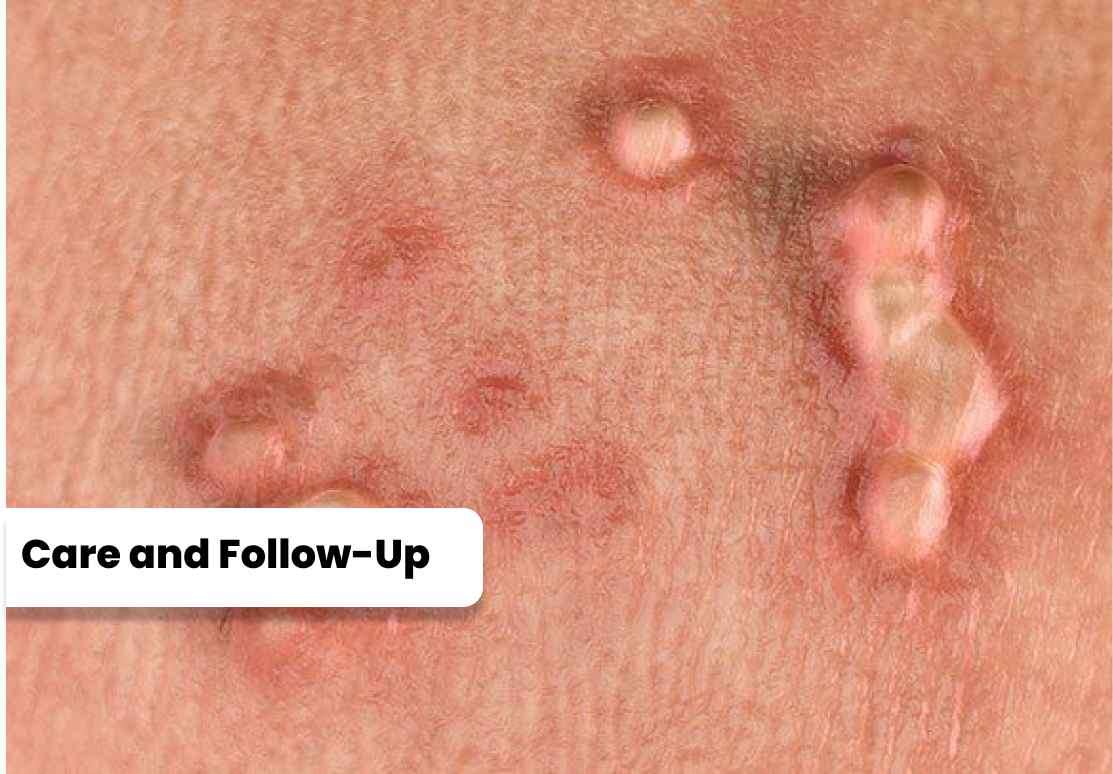Vaginal warts, also known as genital warts, are caused by certain strains of the human papillomavirus (HPV).
Call us to book a appointment with the gynaecology specialist near you.
Genital warts, also known as vulva warts, are a sexually transmitted infection caused by certain strains of the human papillomavirus (HPV). These small, flesh-colored growths can appear on or around the genital area, causing discomfort and concern for those affected. While medical intervention is often necessary for treating genital warts, there are some home remedies that can help in their removal and alleviate symptoms.

Genital warts, also known as vulva warts, are a sexually transmitted infection caused by certain strains of the human papillomavirus (HPV). These small, flesh-colored growths can appear on or around the genital area, causing discomfort and concern for those affected. While medical intervention is often necessary for treating genital warts, there are some home remedies that can help in their removal and alleviate symptoms.
1. Apple Cider Vinegar:
Apple cider vinegar has been recognized for its antiviral properties and
is commonly used as a home remedy for various conditions. To utilize it
for genital wart removal, soak a cotton ball in apple cider vinegar and
apply it directly to the affected area. Cover it with a bandage and
leave it on overnight. Repeat this process daily until the warts
diminish or disappear. Remember to dilute the vinegar with water if it
causes skin irritation. 2. Tea Tree Oil:
Tea tree oil is well-known for its antimicrobial and antiviral
properties, making it an effective home remedy for genital wart
treatment. Dilute a few drops of tea tree oil with a carrier oil like
coconut oil or olive oil, and apply the mixture to the warts using a
cotton swab. Repeat this process two to three times daily until the
warts fade away. It's important to note that tea tree oil may cause skin
irritation in some individuals, so it's advisable to do a patch test
before regular application.
3. Garlic:
Garlic contains a compound called allicin, which exhibits antiviral and
antibacterial properties. Crush a garlic clove to release the allicin
and apply it directly to the warts. Cover with a bandage and leave it on
overnight. Repeat this process daily until the warts disappear. Garlic
may cause skin irritation, so it's essential to monitor the area closely
and discontinue use if any adverse reactions occur.
4. Aloe Vera:
Aloe vera has soothing properties that can help alleviate discomfort
associated with genital warts. Extract fresh aloe vera gel and apply it
directly to the warts. Leave it on for a few hours before rinsing off
with water. Repeat this process several times a day until the warts
diminish. Aloe vera is generally safe to use, but if you experience any
irritation, discontinue use.
5. Epsom Salt Baths:
Epsom salt baths can help in reducing inflammation and promoting
healing. Dissolve a cup of Epsom salt in warm water and soak in it for
20 minutes. This can provide relief from itching and discomfort caused
by genital warts. However, it's important to note that Epsom salt baths
are not a direct treatment for the warts themselves, but rather a
supportive measure.

1. Apple Cider Vinegar:
Apple cider vinegar has been recognized for its antiviral properties and
is commonly used as a home remedy for various conditions. To utilize it
for genital wart removal, soak a cotton ball in apple cider vinegar and
apply it directly to the affected area. Cover it with a bandage and
leave it on overnight. Repeat this process daily until the warts
diminish or disappear. Remember to dilute the vinegar with water if it
causes skin irritation.
2. Tea Tree Oil:
Tea tree oil is well-known for its antimicrobial and antiviral
properties, making it an effective home remedy for genital wart
treatment. Dilute a few drops of tea tree oil with a carrier oil like
coconut oil or olive oil, and apply the mixture to the warts using a
cotton swab. Repeat this process two to three times daily until the
warts fade away. It's important to note that tea tree oil may cause skin
irritation in some individuals, so it's advisable to do a patch test
before regular application.
3. Garlic:
Garlic contains a compound called allicin, which exhibits antiviral and
antibacterial properties. Crush a garlic clove to release the allicin
and apply it directly to the warts. Cover with a bandage and leave it on
overnight. Repeat this process daily until the warts disappear. Garlic
may cause skin irritation, so it's essential to monitor the area closely
and discontinue use if any adverse reactions occur.
4. Aloe Vera:
Aloe vera has soothing properties that can help alleviate discomfort
associated with genital warts. Extract fresh aloe vera gel and apply it
directly to the warts. Leave it on for a few hours before rinsing off
with water. Repeat this process several times a day until the warts
diminish. Aloe vera is generally safe to use, but if you experience any
irritation, discontinue use.
5. Epsom Salt Baths: Epsom salt baths can help in reducing inflammation and promoting healing. Dissolve a cup of Epsom salt in warm water and soak in it for 20 minutes. This can provide relief from itching and discomfort caused by genital warts. However, it's important to note that Epsom salt baths are not a direct treatment for the warts themselves, but rather a supportive measure.
1. Topical Medications:
Prescription-strength creams or ointments containing imiquimod, podofilox, or sine catechins are often prescribed for external genital warts. These medications work by boosting the body's immune response to fight off the HPV infection and eliminate the warts. They are usually applied directly to the affected area for a specified duration, following the healthcare professional's instructions. 2. Cryotherapy:
Cryotherapy involves freezing the warts with liquid nitrogen. The freezing process destroys the abnormal cells, leading to the eventual removal of the warts. This treatment is typically performed in a healthcare professional's office and may require multiple sessions for complete clearance.
3. Electrocautery:
Electrocautery is a procedure that uses an electric current to burn off the warts. The healthcare professional will apply a local anesthetic before using a heated probe or needle to remove the warts. This treatment option is more suitable for larger or hard-to-treat warts. 4. Laser Therapy:
Laser therapy uses an intense beam of light to selectively destroy the warts. The laser's heat destroys the blood vessels that supply the wart, leading to its removal. Laser therapy is typically performed in a healthcare professional's office and may require multiple sessions. 5. Surgical Excision:
In some cases, particularly for larger or persistent warts, surgical excision may be recommended. This procedure involves physically cutting out the warts using a scalpel or other surgical tools. Local or general anesthesia may be used depending on the extent of the procedure. It's important to note that these treatments focus on removing the visible warts, but they do not cure the underlying HPV infection. The virus may remain dormant in the body, and warts can recur even after successful treatment. Regular check-ups with a healthcare professional and practicing safe sex are essential for ongoing management and prevention of further outbreaks.

1. Topical Medications: Prescription-strength creams or ointments containing imiquimod, podofilox, or sine catechins are often prescribed for external genital warts. These medications work by boosting the body's immune response to fight off the HPV infection and eliminate the warts. They are usually applied directly to the affected area for a specified duration, following the healthcare professional's instructions.
2. Cryotherapy:
Cryotherapy involves freezing the warts with liquid nitrogen. The freezing process destroys the abnormal cells, leading to the eventual removal of the warts. This treatment is typically performed in a healthcare professional's office and may require multiple sessions for complete clearance.
3. Electrocautery: Electrocautery is a procedure that uses an electric current to burn off the warts. The healthcare professional will apply a local anesthetic before using a heated probe or needle to remove the warts. This treatment option is more suitable for larger or hard-to-treat warts.
4. Laser Therapy: Laser therapy uses an intense beam of light to selectively destroy the warts. The laser's heat destroys the blood vessels that supply the wart, leading to its removal. Laser therapy is typically performed in a healthcare professional's office and may require multiple sessions.
5. Surgical Excision: In some cases, particularly for larger or persistent warts, surgical excision may be recommended. This procedure involves physically cutting out the warts using a scalpel or other surgical tools. Local or general anesthesia may be used depending on the extent of the procedure.
It's important to note that these treatments focus on removing the visible warts, but they do not cure the underlying HPV infection. The virus may remain dormant in the body, and warts can recur even after successful treatment. Regular check-ups with a healthcare professional and practicing safe sex are essential for ongoing management and prevention of further outbreaks.
In addition to treatment, it is important to take proper care of the affected area during and after vaginal wart removal. Follow these essential care tips:
1. Practice good hygiene: Clean the affected area gently with mild, fragrance-free soap and warm water. Avoid harsh scrubbing or using irritating substances.
2. Avoid sexual activity: Refrain from sexual activity until the warts have completely healed and your healthcare professional gives clearance.
3. Use protection: Condoms can help reduce the risk of spreading the HPV infection to sexual partners. However, they do not provide complete protection as the virus can be present on areas not covered by the condom.
4. Follow up with healthcare professional: Schedule regular follow-up appointments with your healthcare professional to monitor progress, assess any recurring warts, and discuss any concerns or questions you may have.

In addition to treatment, it is important to take proper care of the affected area during and after vaginal wart removal. Follow these essential care tips:
1. Practice good hygiene: Clean the affected area gently with mild, fragrance-free soap and warm water. Avoid harsh scrubbing or using irritating substances.
2. Avoid sexual activity: Refrain from sexual activity until the warts have completely healed and your healthcare professional gives clearance.
3. Use protection: Condoms can help reduce the risk of spreading the HPV infection to sexual partners. However, they do not provide complete protection as the virus can be present on areas not covered by the condom.
4. Follow up with healthcare professional: Schedule regular follow-up appointments with your healthcare professional to monitor progress, assess any recurring warts, and discuss any concerns or questions you may have.
|
Serial No |
City |
Minimum Cost (INR) |
Average Cost (INR) |
|
1 |
Mumbai |
4,000 |
15,000 |
|
2 |
Delhi |
3,000 |
12,000 |
|
3 |
Bangalore |
2,500 |
10,000 |
|
4 |
Chennai |
2,000 |
8,000 |
|
5 |
Kolkata |
2,000 |
8,000 |
|
6 |
Hyderabad |
1,800 |
7,000 |
|
7 |
Pune |
1,800 |
7,000 |
|
8 |
Ahmedabad |
1,500 |
6,000 |
|
9 |
Jaipur |
1,500 |
6,000 |
|
10 |
Chandigarh |
1,200 |
5,000 |
|
11 |
Lucknow |
1,200 |
5,000 |
|
12 |
Indore |
1,000 |
4,000 |
|
13 |
Kochi |
1,000 |
4,000 |
|
14 |
Coimbatore |
800 |
3,000 |
|
15 |
Bhopal |
800 |
3,000 |
|
16 |
Nagpur |
600 |
2,500 |
|
17 |
Goa |
600 |
2,500 |
|
18 |
Mangalore |
500 |
2,000 |
|
19 |
Trivandrum |
500 |
2,000 |
|
20 |
Guwahati |
400 |
1,500 |
|
Serial No |
Clinic Name |
City |
Contact Number |
|
1 |
Apollo Hospitals |
Multiple Cities |
1860-500-4422 |
|
2 |
Dr. Batra's Positive Health Clinic |
Multiple Cities |
1800-209-6767 |
|
3 |
Kaya Skin Clinic |
Multiple Cities |
1800-209-5292 |
|
4 |
Oliva Skin & Hair Clinic |
Multiple Cities |
+91-90371-55333 |
|
5 |
Dr. Paul's Advanced Hair & Skin Solutions |
Multiple Cities |
+91-33-4015-7777 |
|
6 |
RichFeel Trichology Center |
Multiple Cities |
+91-22-337-56374 |
|
7 |
Clear Skin Clinic |
Mumbai |
+91-99307-27987 |
|
8 |
Berkowits Hair and Skin Clinic |
Multiple Cities |
+91-99990-55570 |
|
9 |
Kosmoderma Skin & Hair Clinics |
Multiple Cities |
+91-80419-72730 |
|
10 |
The Esthetic Clinics |
Mumbai |
+91-82918-19688 |
Please Wait..